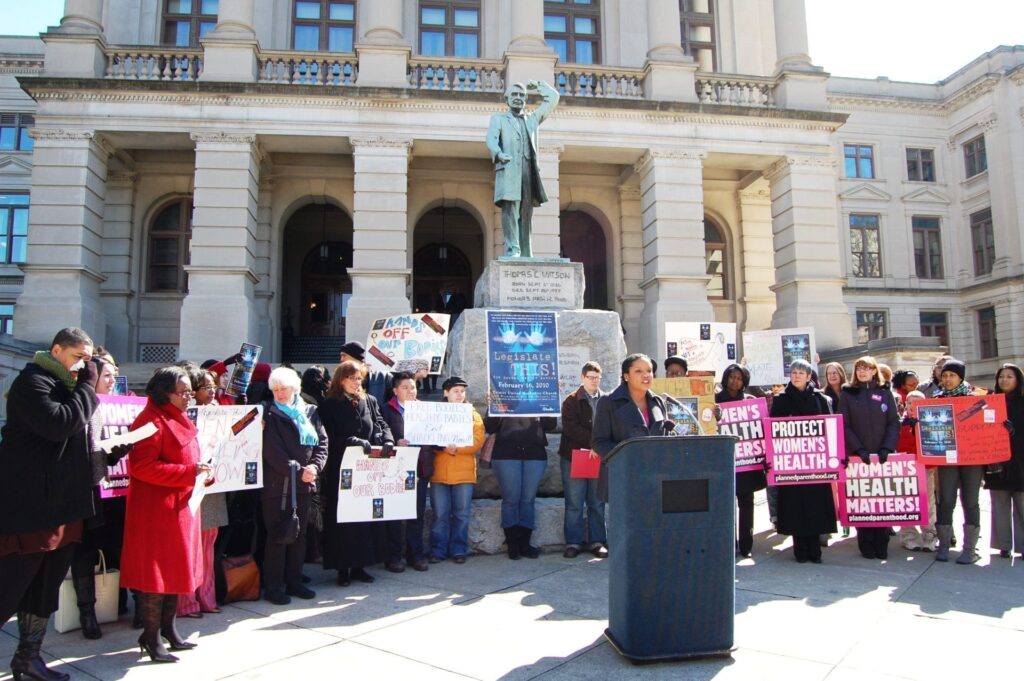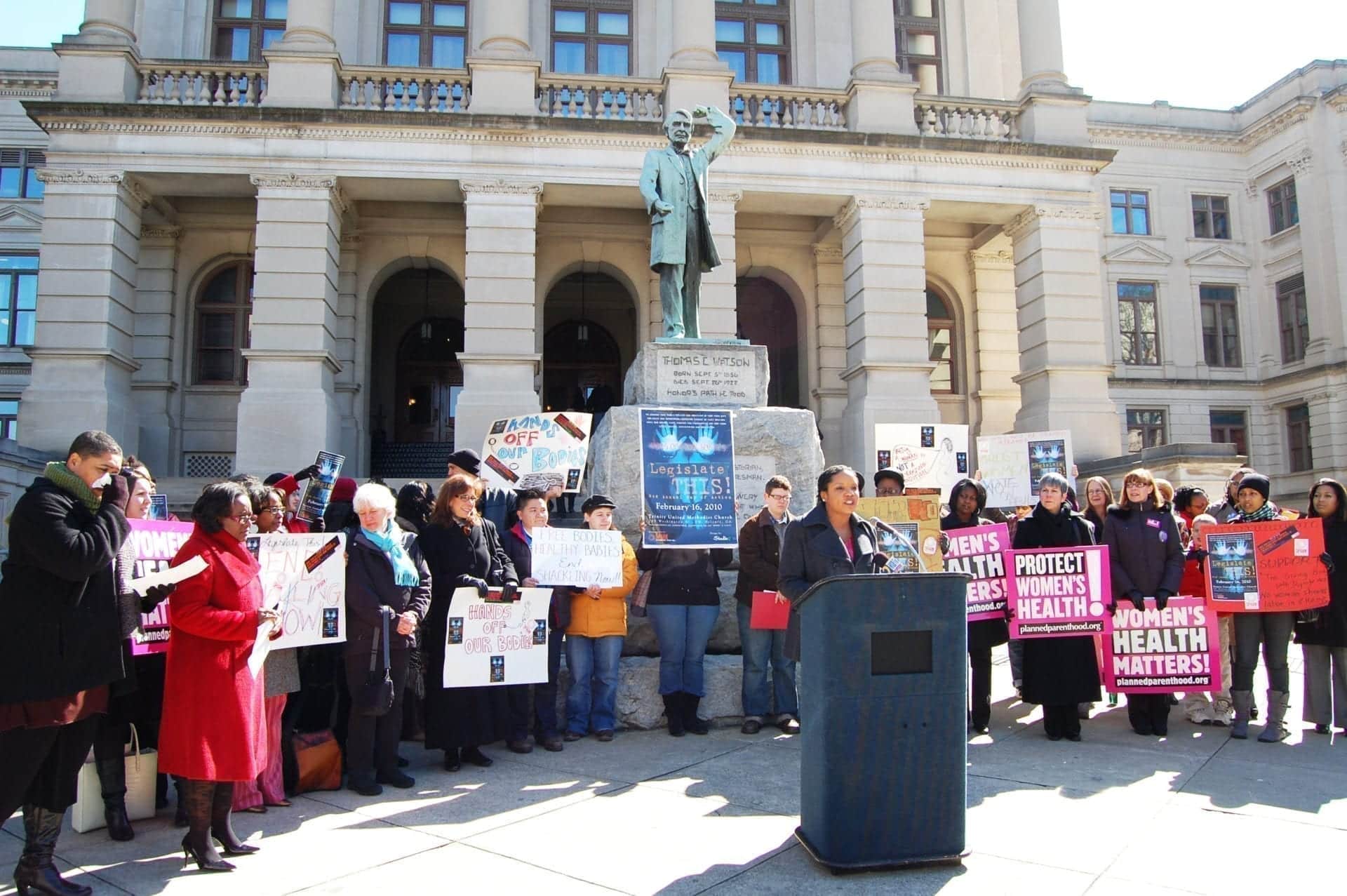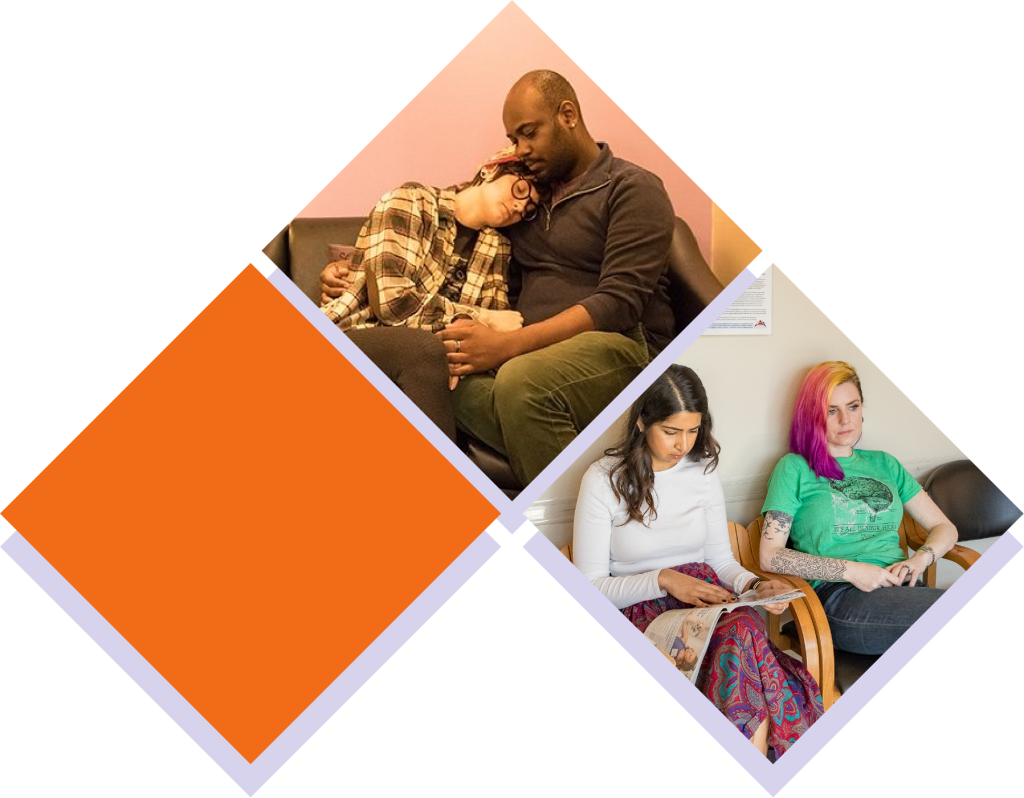The Supreme Court ruled on Whole Women’s Health v. Hellerstedt the day I interviewed for my job at Feminist. I was already nervous about my interview, and my nerves were compounded by my anticipation of the Court decision. I compulsively checked twitter for the ruling all morning and saw the news shortly before leaving for my interview. When I walked in the door at Feminist, the first thing my now-boss asked me was if I had seen the ruling.
I didn’t have to work in the field to know the Whole Women’s Health v. Hellerstedt was going to be a landmark case. For years, the main strategy for the anti-abortion movement had been to pass TRAP laws, Targeted Regulations of Abortion Providers. These are supposedly medical regulations to protect patient health and safety, except that they only apply to abortion providers and are so medically unnecessary and intentionally onerous that their obvious true purpose is to force clinics to close down. Clinics across the country had already had been forced to close by their state’s TRAP laws, and the Supreme Court was about to decide whether that could continue.
The Court decided that it could not. They ruled that burdens on the right to access abortion must by justified by actual health benefits to patients, and that states must be able to back up that justification with actual facts and data. As of that ruling, many abortion restrictions across the country are probably unconstitutional.
However, the Court did not strike down every single TRAP law in America; they left it to others to determine which laws could meet the new standard and which had to go. There were two ways to go forward: we could sue over every single abortion restriction in Georgia, or we could bring legislation to repeal them.
This is where the Whole Women’s Health Act comes in. Just a few months into my job at Feminist and still feeling like I had no idea what I was doing, I worked with our friends at the Center for Reproductive Rights to draft a bill to repeal one of Georgia’s now-unconstitutional restrictions. I scheduled meetings with legislators I had never met and hardly knew anything about to ask them to sponsor the bill. I was terrified that I would break some unspoken rule about how to conduct those meetings and make that ask, but I must have done ok because we ended up with great sponsors in both the House and the Senate.
I worked with the rest of the Feminist team to organize a press conference and an advocacy day to mark the introduction of the bill, without ever having seen a press conference and with only one advocacy day under my belt. I was struggling to figure out everything required for the Whole Women’s Health Act while attempting to keep up with the absolute chaos of the legislative session. This bill was taking me so far out of my comfort zone that I honestly didn’t want to deal with it sometimes. I would find myself wishing I could just let it go, accept the loss and focus on the simpler task of tracking other legislation. But obviously I didn’t do that. I knew that the fundamental message of Whole Women’s Health could be world changing if we could get the message out: the burden is now on the state to prove that its abortion restrictions are justified.
As historic as this felt, it didn’t even seem to be a blip on the radar of the General Assembly. I still don’t know whether the legislature is ignorant of the Supreme Court’s decision or if they’re willfully ignoring it, but the General Assembly has no interest in discussing this bill or hearing that many of its laws might now be unconstitutional. On the same day the Whole Women’s Health Act was introduced, so was a bill that would interfere with medication abortion. That bill got a committee hearing within a week. That was more than a year ago, and the Whole Women’s Health Act still has not been given a committee hearing.
It’s frustrating to know that both facts and law are on our side and to see the General Assembly so stubbornly ignoring both. It’s frustrating that the power in our state is so poorly distributed that any one group of people has the power to ignore science and the Supreme Court in pursuit of their own religious agenda. That is the nature of oppression, and it is even more important that we claim our own power, get creative, and fight for liberation with every tool we have.
And Feminist Center is getting creative and making some new tools. After spending two legislative sessions trying to convince the General Assembly to do the right thing, we’re organizing our own hearing. On Saturday, May 19th we will hold a People’s Hearing on the Whole Women’s Health Act. We’re going to share all of the information we would tell a committee and then some. We’re going to have a party. We’re going to talk about our RJ anthems and what reproductive freedom means to us. We’re going to lift this bill up so the people of Georgia can see what we’re all about, and then we’re going to talk about what all of us can do next. Come with us as we fight for liberation.
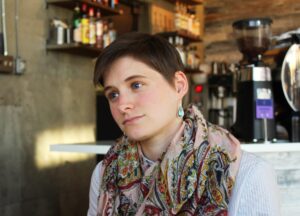
Megan serves as a full-time lobbyist, but her favorite part of her role is the trainings, advocacy days, and anything that empowers Georgians to engage with their government.
